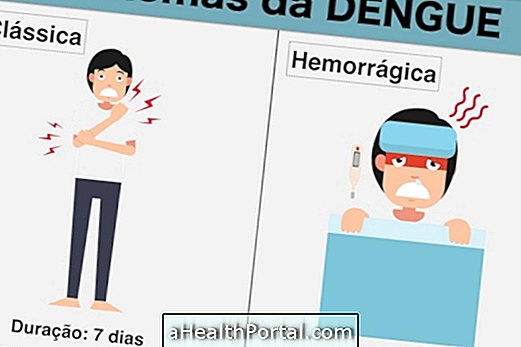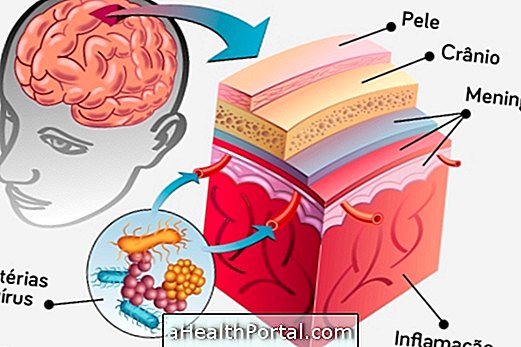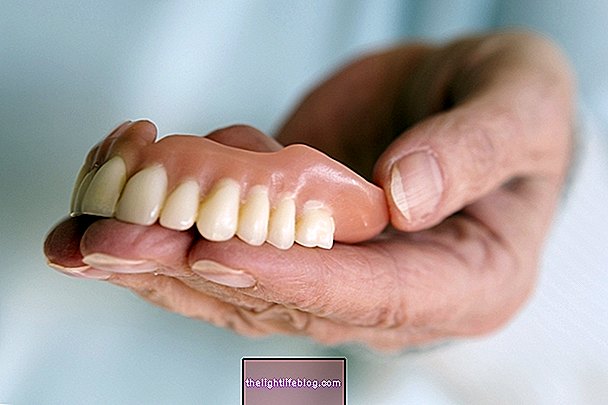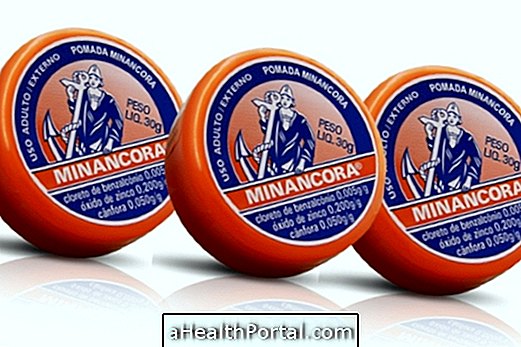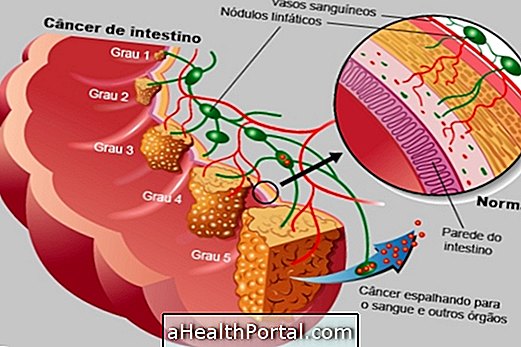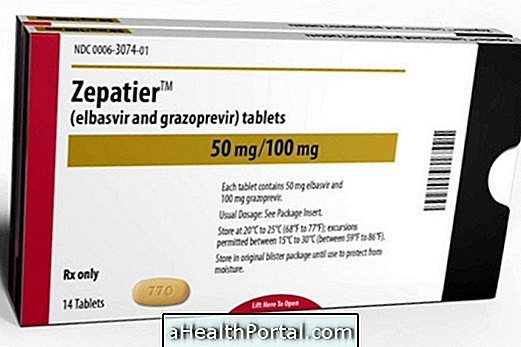Hepatitis A has a cure because the virus that causes this disease can be eliminated by the body without the need for medication. This virus, which is contagious and transmitted by water and food contaminated with feces, causes an inflammation in the liver that lasts for days or weeks, and the body is usually able to kill it with the action of the immune system.
Inflammation of the liver caused by the virus is usually not serious and, most of the time, does not even cause symptoms. When they appear they can be very uncomfortable and can cause fatigue, pains in the body, nausea, vomiting, skin and yellowish eyes. These symptoms may appear a few weeks after contact with the virus and heal in about 10 days but may last up to 3 or 4 weeks.
However, in rare cases, hepatitis A can be dangerous and may be more severe, severely affecting the liver within a few days. In this case, it will be classified as fulminating hepatitis and its treatment may turn out to be liver transplantation. Learn more about this more serious variant of the disease.

What to do to heal faster
The ideal guidelines and treatment should be recommended by the doctor, who will evaluate the case and the severity of each person. However, some tips can be followed at home to help in recovery of the body, such as:
- Do not stop feeding : despite illness and nausea, you must keep well fed, so that the body has energy and nutrients necessary for the elimination of the virus.
- Have a healthy diet : a diet based on lots of water, in addition to fruits, vegetables and greens is ideal to facilitate the elimination of toxins by the body and improve circulation.
- Rest well : Rest is needed to prevent the body from expending unnecessary energy with other activities, not on strength to fight the disease.
- Avoid mixing medicines : Many remedies pass through the liver to make an effect, so it is important not to overload it using certain medications, such as paracetamol.
- Do not consume alcohol : Alcohol increases the work done by the liver and can worsen its inflammation.
As it has shorter and limited duration, hepatitis A does not become chronic, as in hepatitis B and C, and after its cure, the person acquires immunity. The vaccine is an effective way to prevent the disease, and is recommended in children between 1 and 2 years and adults who have never had the disease.
See other more specific care and remedies for the treatment of hepatitis A.
